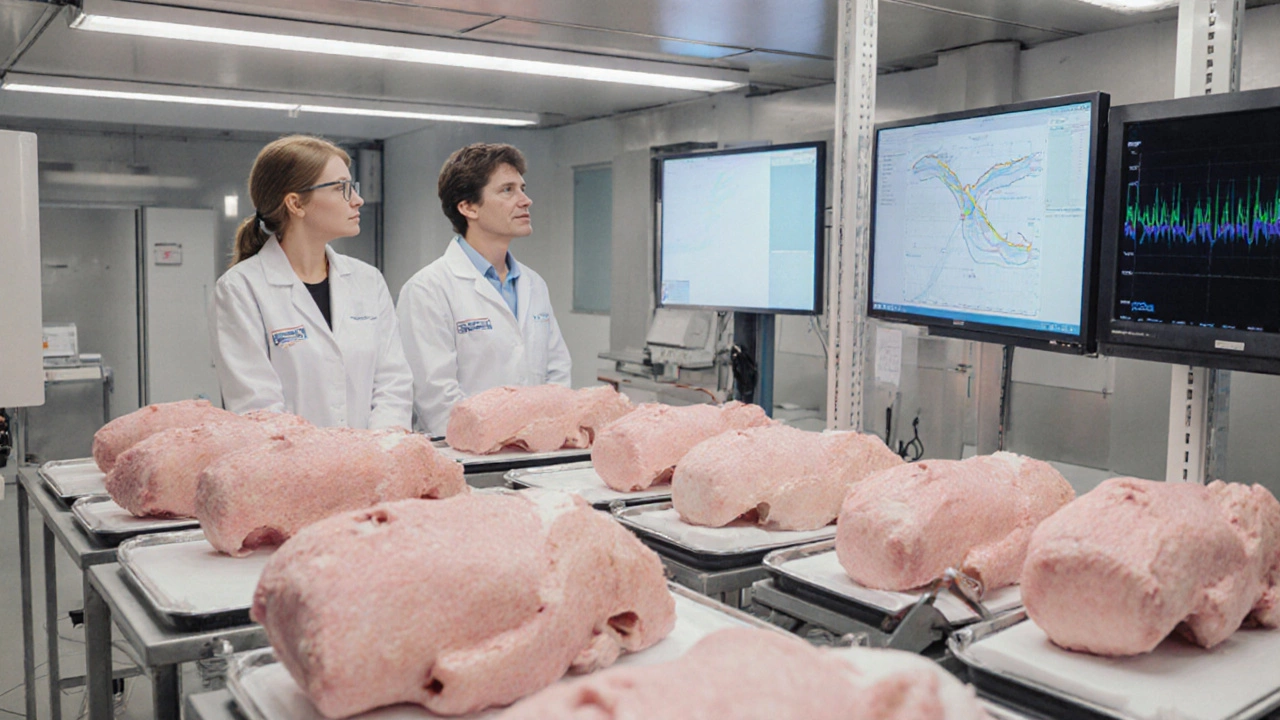L'Oreal Animal Testing: Is It Cruelty-Free? Facts, Policies, and Alternatives
When you buy L'Oreal, a global cosmetics company with brands like Lancôme, Maybelline, and Kiehl's. Also known as L'Oréal Group, it is one of the largest beauty companies in the world, with billions in annual sales. But if you care about animal welfare, you might be asking: does L'Oreal test on animals? The answer isn't simple. L'Oreal doesn't test its products or ingredients on animals anywhere—except when required by law. That means if a country like China demands animal testing for imported cosmetics, L'Oreal complies. So while they claim to be cruelty-free on packaging in the U.S. or Europe, their products sold in China may have been tested on animals. This isn't a loophole—it's a business decision.
Many people assume that if a brand says "no animal testing" on the bottle, it's safe. But that label doesn't always mean what you think. Cruelty-free cosmetics, products that haven't been tested on animals at any stage of development. Also known as animal-test-free makeup, they require third-party certification like Leaping Bunny or PETA's Beauty Without Bunnies. L'Oreal doesn't hold these certifications because they sell in markets that force animal testing. Meanwhile, brands like Fenty Beauty, Kat Von D Beauty, and Pacifica are fully certified cruelty-free and don't sell in China. If you're trying to avoid supporting animal testing, knowing where a brand sells matters just as much as what it says on the label. The same goes for animal testing cosmetics, the practice of using live animals to test the safety of skincare and makeup products. Also known as cosmetic animal testing, it's banned in the EU, UK, India, and Israel—but still required in parts of Asia and South America.
So what does this mean for you? If you're shopping for makeup and want to avoid supporting animal testing, you can't just rely on brand reputation. You need to check where the product is sold, whether the company owns factories in countries with mandatory testing, and if they're certified by an independent group. L'Oreal's stance might seem confusing, but it's common among big beauty brands trying to balance global sales with ethical claims. The truth is, most major brands are caught in the same system. That’s why many consumers are turning to smaller, transparent brands that refuse to sell in markets requiring animal testing—even if it means smaller reach. Below, you’ll find real guides on other brands like Almay and Aveeno, how to spot greenwashing, and what to look for on labels so you’re not misled by marketing. You don’t need to be an expert to make ethical choices—you just need to know what questions to ask.
Does L'Oreal Test on Animals? The Truth About Cruelty-Free Claims
L’Oréal claims not to test on animals, but still sells in China where animal testing is required by law. Learn the truth behind their cruelty-free claims and what it means for your makeup choices.

